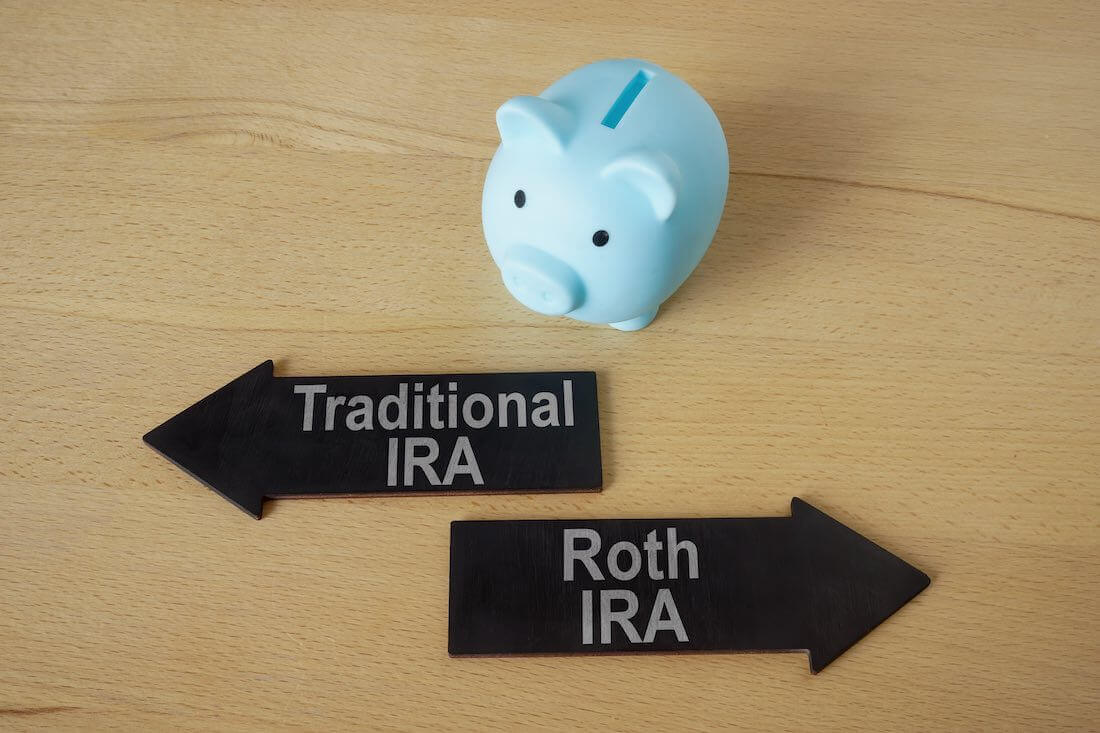Wouldn’t it be nice to pay fewer income taxes in retirement? A tax-advantaged strategy called a Roth IRA conversion may lower your taxable income later in retirement. A Roth IRA conversion involves repositioning a traditional IRA or qualified employer-sponsored retirement plan assets into a Roth IRA. There are a few reasons why investors may pursue a Roth IRA conversion strategy:
- A Roth provides the flexibility to withdraw money when needed.
- There is no Required Minimum Distribution (RMD).
- A Roth IRA conversion as part of estate planning may help lessen the impact of estate taxes on an estate.
Before initiating a Roth IRA conversation strategy, here are things to consider before making your decision:
#1 - You will have to pay taxes
#2 - Your Adjusted Gross Income (AGI) may increase
A Roth IRA conversion will increase your income in the year that the conversion happens. Increasing your AGI may also impact your income tax as you move into another income tax bracket.
If you are retired, be mindful that Medicare Part B uses your two previous years’ income to calculate your monthly premium, and the conversion may increase your Part B payment for at least two years.
#3 - You may lose eligibility for specific tax write-offs
#4 - You may pay a penalty if you need the money within five years
#5 - Your qualified retirement plan may not allow Roth IRA conversions
If you have your retirement savings inside your employer’s retirement savings plan, check the plan’s documents to see if a Roth IRA conversion is allowed. If not allowed and you initiate the conversion, the conversion may not occur, or a penalty will be applied when the conversion happens. Consult your employee handbook, human resources professional, or your employer-sponsored retirement plan’s custodian for answers about your situation.




